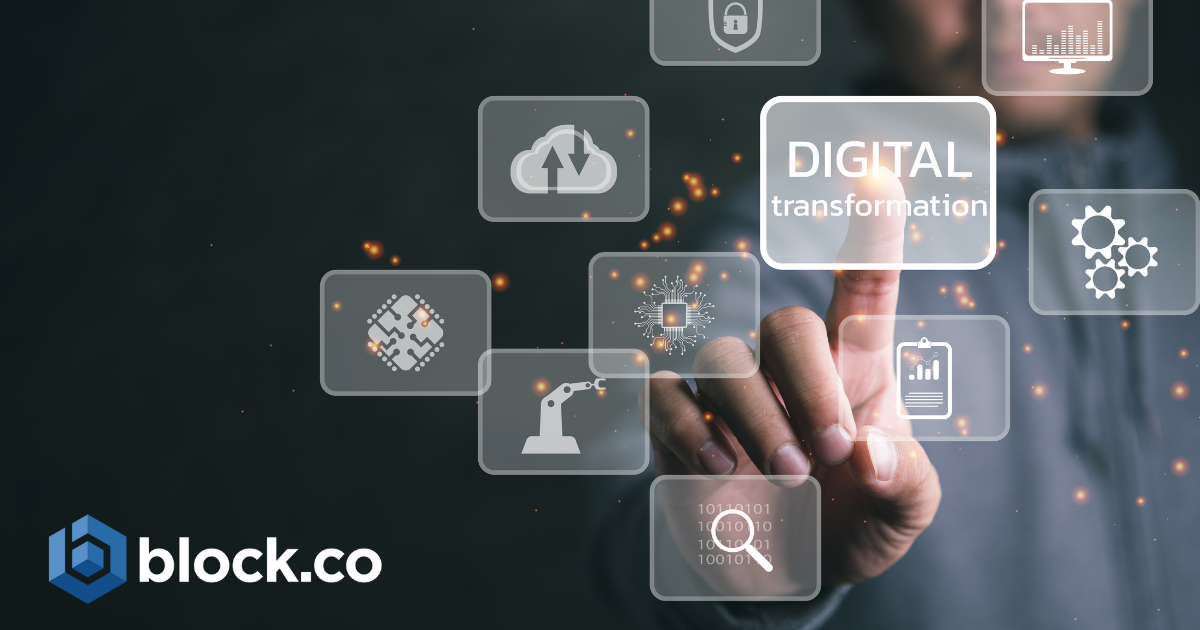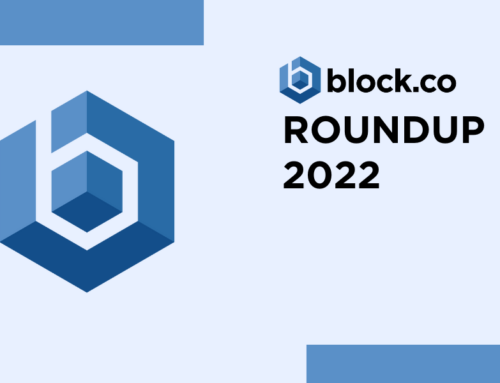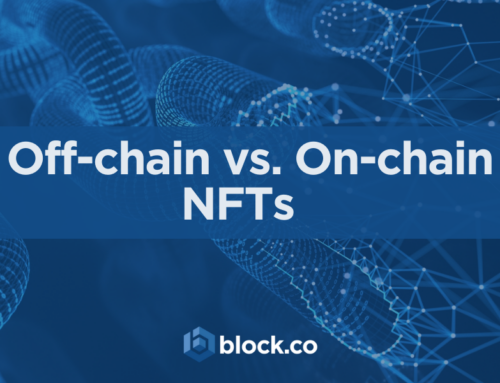Rapid Adoption of Digital Transformation – A Case for Blockchain Technologies in the Education Sector

The South African Cabinet approved the publication of the Presidential Commission on 4IR in September of 2020. The report makes a number of proposals and interventions that can be taken advantage of to advance Digital Transformation (DX) of South Africa based on Artificial Intelligence (AI), Internet of Things (IoT), Blockchain, Machine Learning (ML), and Robotics Process Automation (RPA) among other technologies.
One of the key areas in which DX can be rapidly implemented is in the Education Sector through the adoption of Digital Certificates, which can be issued and verified on the Blockchain. Today, many of the Institutions of Learning, at Secondary (Matriculation) and Tertiary (Degrees/Diplomas) levels still issue qualifying learners and students with hard copies of their qualifications. This happens to be the case at both private and public institutions.
As it is well known, there are many instances of certificate (qualification) fraud reported in the media almost all the time. Apart from this challenge of fraud, the requirement to submit certified copies of documents is quite archaic. It was necessary many years ago when technology was not as advanced as it is today.
Recently, a B.Sc. graduate posted her degree certificate on LinkedIn, obviously with the aim of celebrating her newly acquired achievement but also making potential employers aware of her qualifications for consideration for job opportunities.
What are the challenges many graduates and matriculants are facing with regard to their qualifications? As mentioned earlier, certificates are mainly issued in hardcopy. Many people do not have digital copies of their certificates except where they have made scanned copies and stored these in PDF or other formats (PNG, JIFF, or JPG). The only way to verify the authenticity of these scanned certificates is to contact the issuer (Tertiary Institutions or Umalusi) to confirm that the certificate belongs to the person ‘claiming’ to have been awarded it. Verification of this certificate has cost implications to the requestor and may take a number of days.
Additionally, there is a risk of fraudsters grabbing this digital copy, tampering with it, and selling it in the darknet markets. This has the effect of undermining her certificate and may hurt the University or issuer’s reputation with fake certificates lying around the internet.
Digital certificates issued and verified on the Blockchain are highly secure and they are a part of disruptive technology that brings effectiveness and efficiency in the certificate issuing and verification. The Blockchain, a Distributed Ledger Technology (DLT) across a peer-to-peer network makes it, so far, impossible to hack and corrupt.
Organisations such as Coursera, Udemy, & EdX among others, and other Technology Vendors issue online verifiable digital certificates. Employers wishing to employ individuals with certificates from these providers, no longer have to go through intermediaries to verify the authenticity and validity of these certificates.
The downside of the online training providers is that they are issuing ‘centralised’ certificates and should the company close down, the certificate will not be valid any longer.
It is prudent to rather issue certificates based on Open Source Code and Open Standards anchored on the Open Public Blockchains that will outlive any issuing institution.
WHERE TO NEXT?
Education Institutions and authorities like Umalusi must consider adopting the issuing of secure digital certificates so that parties who may wish to verify qualifications can do so instantaneously and at no cost to the student and from anywhere in the world. The University of Nicosia (UNIC) is one of the leading institutions that started issuing blockchain-based; tamper-proof digital certificates as far back as 2017 and lessons can be drawn from it.
Interestingly, UNIC has also established a highly innovative company with the objective of taking the initial learnings and expanding the blockchain products beyond education to other industries as well as government – indeed including any organization or sector that issues documents whose authenticity and immutability they want to secure.
In South Africa, The Public Universities of Pretoria, Johannesburg (UJ), and the Private IIE (Vega, Varsity & Rosebank Colleges) have established online portals from which students and employers can directly make requests for transcripts and academic records without going through intermediaries. The documents can be viewed, verified, and shared with third parties online but not on the blockchain yet. This poses the risk of a single point of failure, as it would seem like the systems at these universities are hosted in centralized databases. These institutions must, however, be commended for having started to at least issue digital certificates.
The adoption will no doubt cause some disruption to the verification industry. Just like the disruption brought about by Uber, Airbnb, and Tesla, companies operating in the verification industry will have to either adapt or vanish. Where institutions of higher learning have been generating revenue by charging for the verification, they may be at the risk of losing this revenue stream.
This blog post was written by Block.co’s advisor Mr. Stan Molema!
If your brand is ready to take the step into web 3.0 and NFT marketing, to optimize engagement with your audience in innovative ways, then click the button below to get your Free Trial, a limited number of Free NFTs, and a Free Consultation call from our team!
For more info, contact Block.co directly or email at enquiries@block.co.
Tel +357 70007828
Get the latest from Block.co, like and follow us on social media:







